Curry Zawa Kaoru’s Creative Counseling - "Even I'm not sure if what I did was plagiarism." Dilute the Calpis syrup until it becomes a whole new drink.
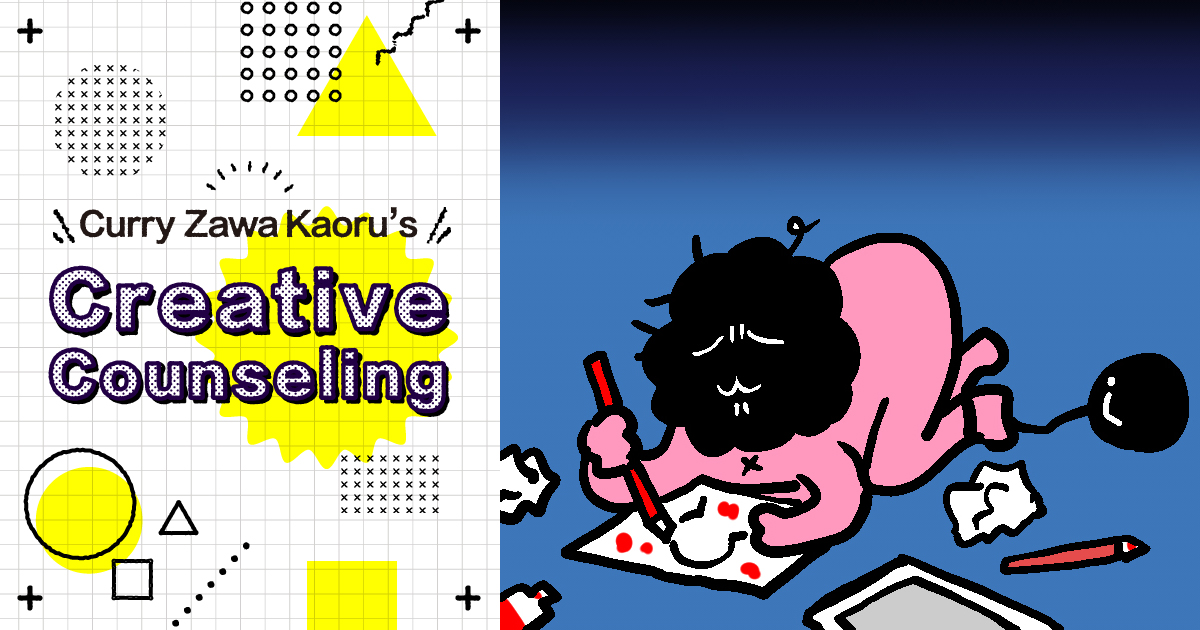
Article by Curry Zawa Kaoru
Even I'm not sure if what I did was plagiarism
What exactly counts as plagiarism or stealing is really hard to define. When I tried asking AI, it told me: "Plagiarism is when you take someone else's work and publish it as your own, either word-for-word or with only slight changes." However, one needs to take anything it says with a grain of salt, because you could say that regarding this topic, it's a bit like a stereotypical anime villain whose hypocrisy allows them to say literally anything without batting an eye...
Honestly, without seeing your actual work, I can't say for sure whether it was a straight-up copy at the level where we should be thanking the gods you took it down before anyone noticed, or if you're just an overthinker to the level of someone agonizing over whether they've got the right permissions from the authorities to have sex in a room you're trapped in unless you have sex.
But since you're a self-professed creator of original works, I think it's fair to be overly cautious than not.
Consider this: if just altering someone else's work and putting it out there as your own counts as stealing, then fan art, where people literally use characters from someone else's work to make their own art, could basically be considered armed robbery. Can you say with your whole chest that the people doing so don't deserve life in prison?
So why are fanworks like fan art allowed to exist? First of all, it's not actually allowed. It exists in a huge gray area. But if the Authorities came down on fan art, sites like pixiv would go poof, I'd lose a job, and the ripple effects would be massive. But more than anything, fan art is born from love. It's only barely hanging on thanks to a mix of rights holders turning a blind eye, unofficial guidelines, and the creators' own sense of responsibility. In other words, since plagiarism is defined as pretending that something made by someone else is your own, fan art usually avoids getting called out as such because fanwork creators are starting from a place where they're making it very clear their creations are based on something else.
With all this as a background, it makes sense that those creating "original" works are judged more harshly for borrowing or being derivative. After all, you're claiming something as original and planting your flag on it.
That's why in the world of original work, we have this unspoken rule: "If you commit seppuku before you get stabbed in the back, then you're safe." If you're worried about being called out for a certain influence, it's okay to add something like "an homage to XYZ" to the work's description. A bit of insurance like that could be enough to cover yourself.
Also, plagiarism is apparently a complaint-based offense, so no matter how egregiously you copy something, unless the original creator files a complaint, it doesn't actually become a legal problem.
Honestly, if the author of One Piece saw your pirate manga and went, "This is plagiarism!" —wouldn't that be kind of incredible in its own way? That said, with internet drama, it's often people completely unrelated who get mad and blow things out of proportion. Even if the original author and the law forgive you, getting labeled a plagiarist can still do major damage to your reputation. You'll get called "that person who plagiarized" over and over again.
So if you yourself feel like something might be a little too close for comfort, it's probably best not to put it out there at all.
New works are built on things that came before
At the core, I don't think your worry is really about getting canceled or your reputation.
It's not like you had some malicious plan to rip off someone else's work to get rich and famous. You just had a deep love and admiration for a piece you liked, and you created something out of that feeling, wanting to make something like it. But then it ended up looking like a rip-off, and now you're caught in a nightmare where you tried to make a macaron and somehow ended up with a pile of dung.
But honestly, amazing works grow out of that feeling of love and admiration and are built from the influence of various different "ingredients" (works that creator loved).
But if you were just inspired by something, not actually going out of your way to steal someone's work and pass it off as your own, then I doubt what you've done is a case of simply swapping out the names of the characters or slapping a "yeah bro!" at the end of every line and calling it yours.
Even if I read your story and thought, "Oh wow, this really feels like it was heavily influenced by XYZ," whether that's something to be ashamed of or not is really up to you.
To be honest, even when I read published manga, I'll sometimes think, "Huh, this art style looks a lot like so-and-so." And a lot of times, the artist will name that person as someone who influenced them.
There are even creators who feel happy when readers say, "I could feel the spirit of your favorite creator in this!" I've personally gotten comments like "Your stuff has a bit of Momoko Sakura in it!" or "I can see Nancy Seki's influence on your style!" Since those are people who really did influence me, those comments make me feel like I'm on top of the world, ready to toss the speaker some pocket change out of pure joy.
And the only way to do that is to just keep going.
Now, if it's been 30 years and you're still serving straight Calpis syrup, then yeah—maybe original work just isn't your thing. But if you've only just started out, then seriously, this is how everyone starts. Keep going until your own color starts to shine through.
Of course... This might not even be a plagiarism issue, and you might just be embarrassed that your taste is super obvious. Like, maybe it's not about what influences have shaped your work and more like, "Oh crap, it's obvious I'm really into that character!"
If that's the case, then you don't need to dilute anything. You just need to throw out your shame. Creation is a card battle in which your most powerful cards are inevitably fetish-based. It's a certain kind of skill to be able to lean into your specific taste and give it its time to shine, so let it show off its assets in the bright light of day.
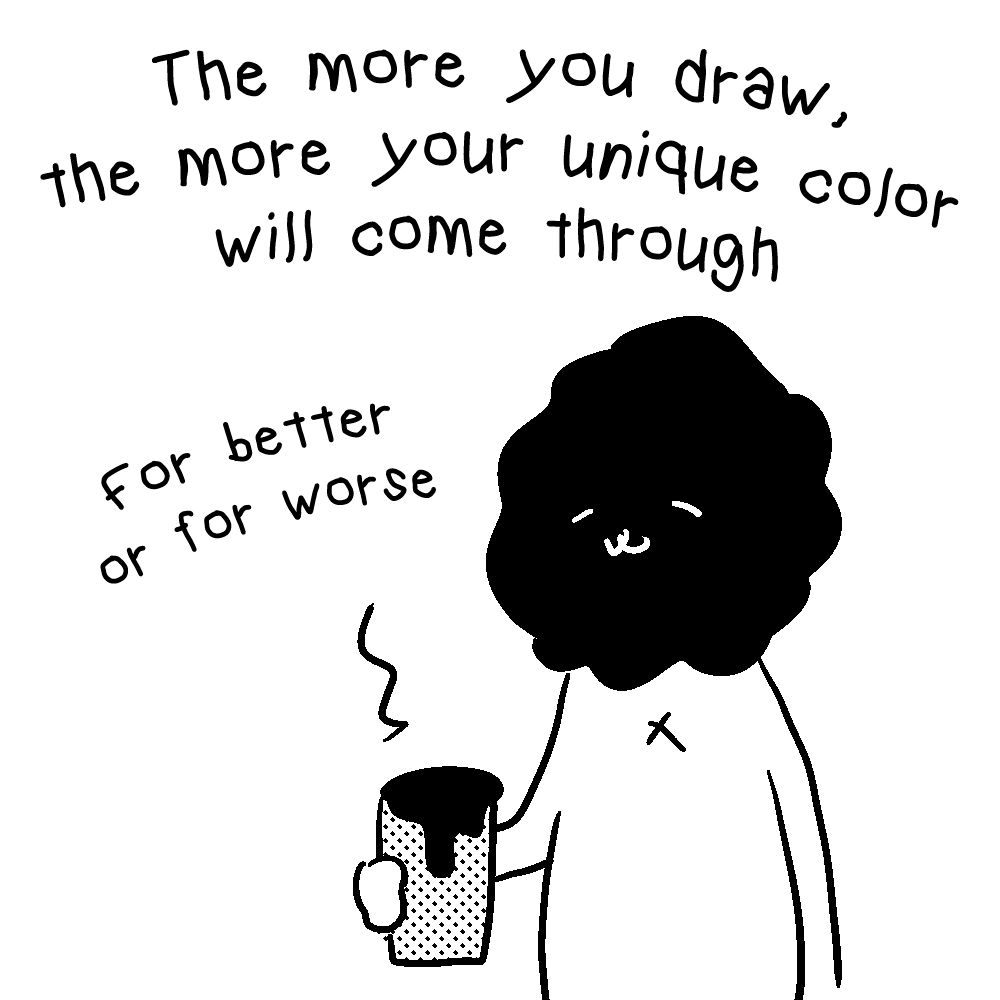
↑ Feel free to send your troubles in languages other than Japanese, too.
This column was made into a book!
The popular column Curry Zawa Kaoru’s Creative Counseling has been made into a book titled Otaku no Tanoshii Seisaku Ron (The Delightful Art of Otaku Creation, Bungeishunju).
In addition to fan-favorite episodes such as “Coping with fanwork taking a little too many liberties”, “When you can’t get feedback in an underdeveloped genre”, “Is 40 too old for doujin events?” and “Understanding the troubles and contradictions of killing off your favorite characters”, the book also includes brand new topics and advice!
To celebrate the release of the book, we had a chat with Curry Zawa and Tsuzuru Sanada (author of Doujin Onna no Kanjo). Give it a read!

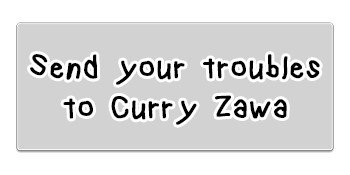
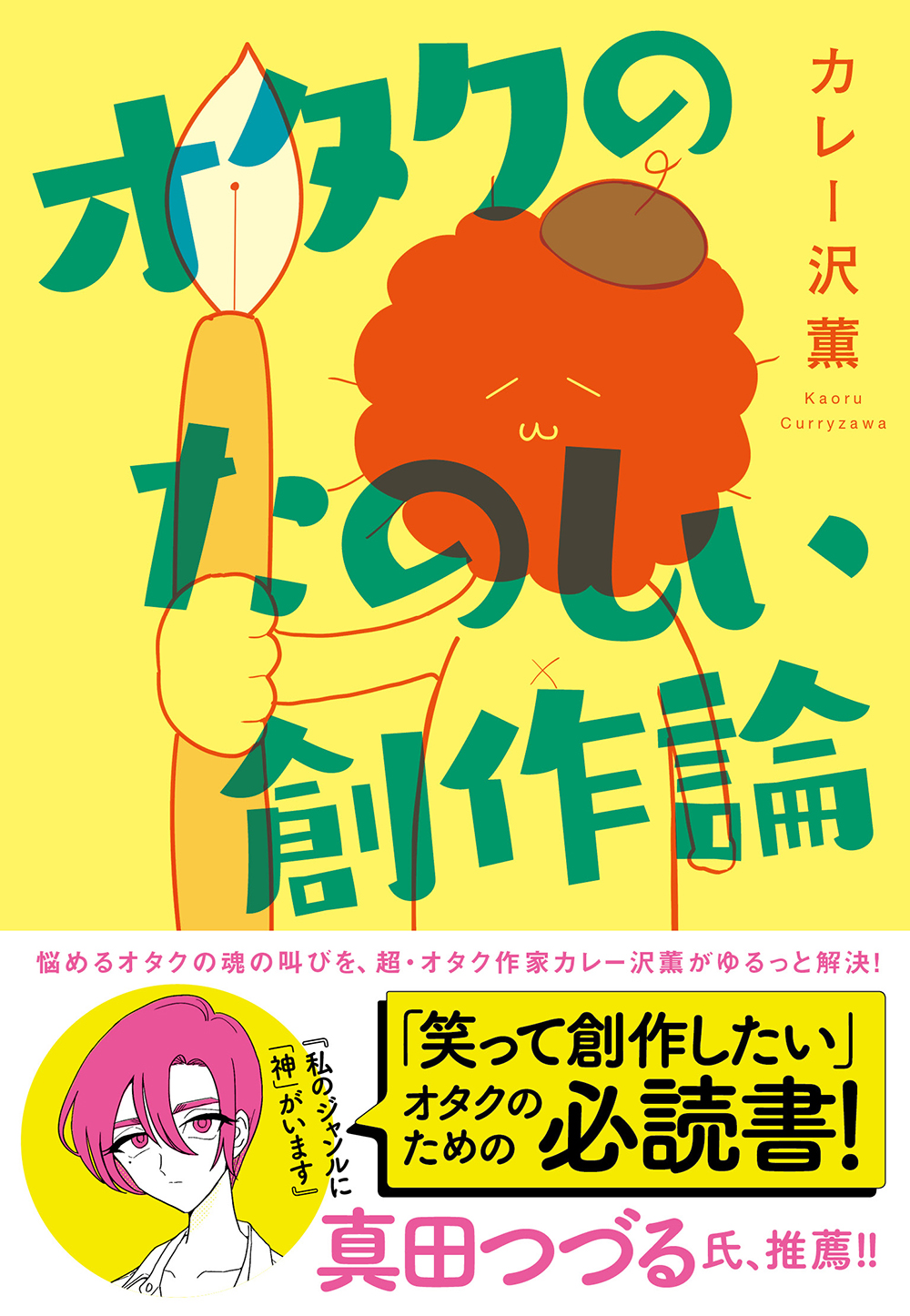
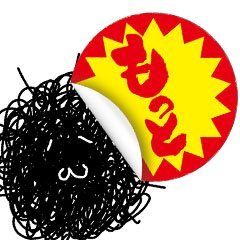
Hello. I make original manga and novels as a hobby, or at least, I want to.
Today, I unpublished two of my older works from the internet. When I went back and reread them, I realized they resembled my favorite works way more than I thought... To be blunt, they read to me like total rip-offs.
While I was at it, I took a look at my other past stuff, and now I'm not sure what's just "influenced by," what's "inspired by," and what crosses the line into full-blown plagiarism. I think maybe I just don't know enough about the differences between what plagiarism is and what isn't, and it's causing me to feel very stressed about the whole thing. I'm starting to lose confidence and feel like maybe I shouldn't be creating anything at all.
I know it's impossible to make something from absolutely nothing, but I really don't know what crosses the boundary of what's acceptable and what isn't.
If you have any advice or thoughts, it would be a huge help.